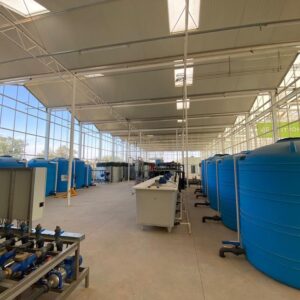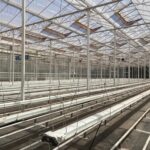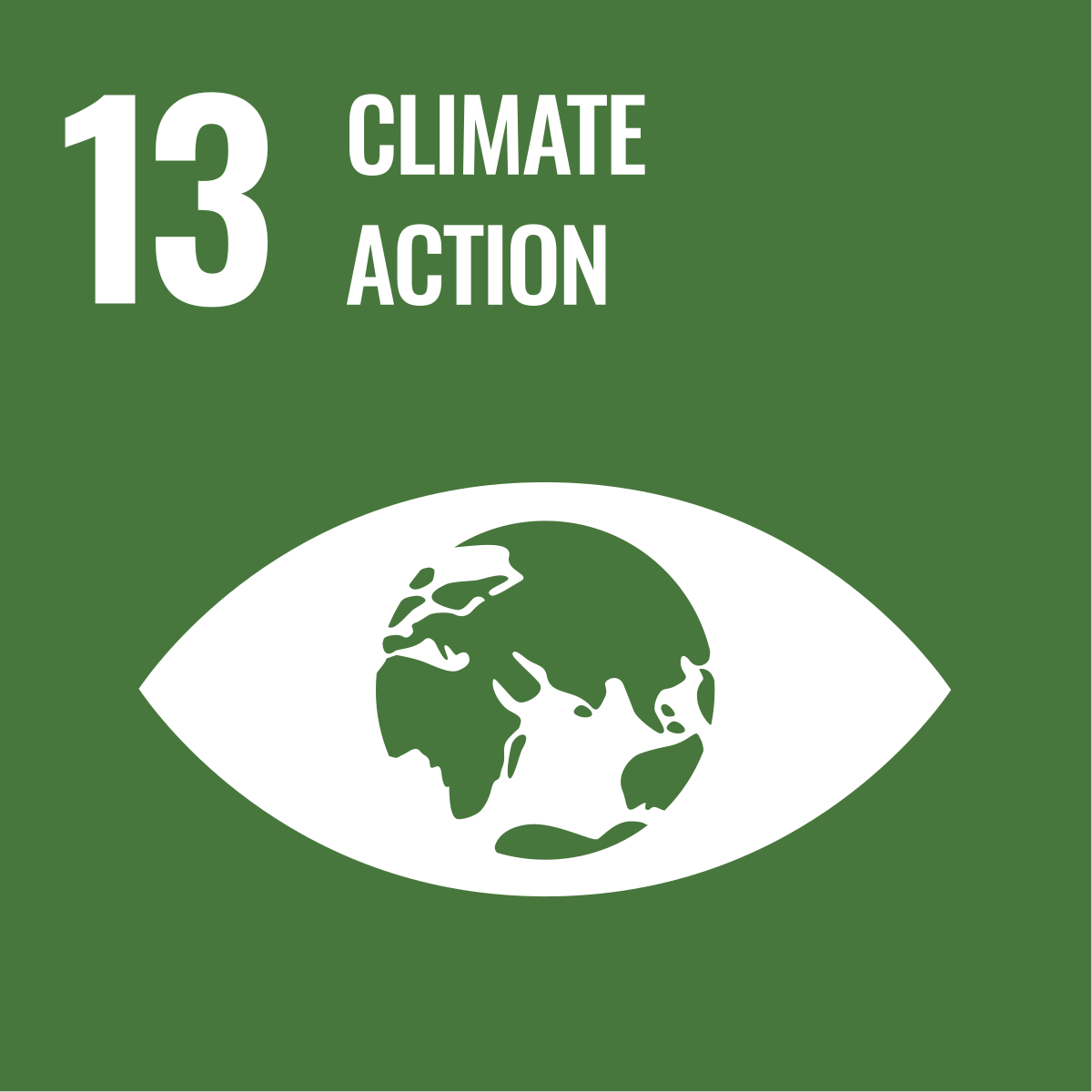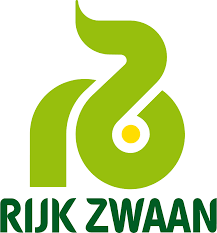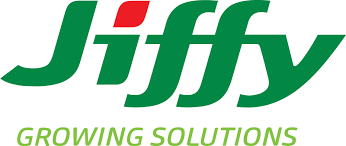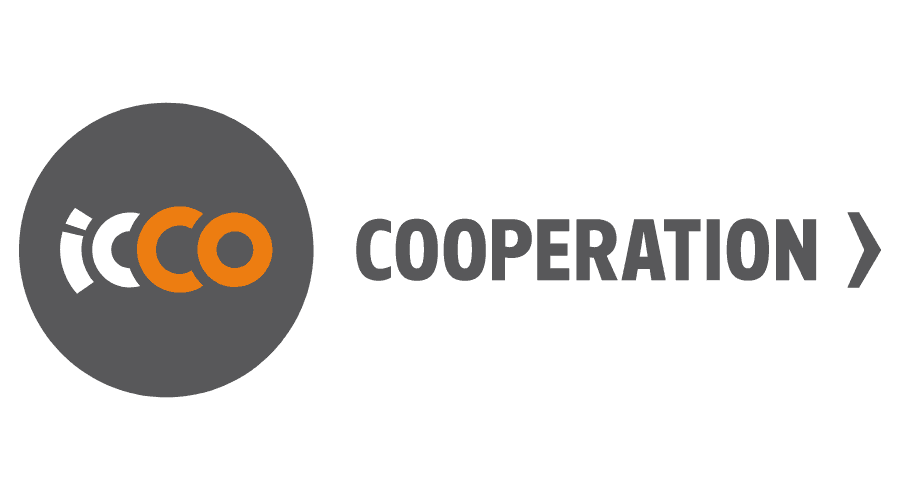This project involved a combination of long-standing partnerships in Morocco, in-depth desk research, and a field visit in July coinciding with a conference on the modernization of horticulture at the University of Kenitra, co-organized by InHolland University of Applied Sciences.
Commissioned by RVO and carried out by the Seed2Feed Foundation, the research addressed two central objectives:
- Identify the current needs and challenges facing the horticultural sector in the Rabat-Salé-Kenitra + Larache (RSK+L) region.
- Spotlight potential Dutch and Moroccan stakeholders ready to collaborate on sustainable solutions.
Context: Morocco’s Evolving Horticulture Landscape
Morocco has made remarkable strides in horticulture. Thanks to strategic investments in water infrastructure like dams and aquifer access, both large-scale and smallholder farmers have significantly increased production. However, this success now brings new and urgent challenges:
- Heavy reliance on export markets, especially Europe, with demanding quality standards.
- Tensions between supporting large-scale agribusinesses and empowering smallholder farmers.
- Water scarcity due to declining underground reserves, climate stress, and unsustainable practices.
From Green Morocco to Generation Green (2020–2030)
Morocco’s new Generation Green strategy seeks to modernize the sector further while addressing its pressing issues. Key priorities include:
- Upgrading farming practices—especially for smallholders.
- Aligning internal markets with export standards.
- Improving water efficiency.
- Promoting entrepreneurship to build a resilient agricultural middle class.
The modernization of horticulture is not optional—it’s essential to Morocco’s economy and sustainability.
Key Trends & Opportunities
There are critical emerging trends and opportunities where Dutch and Moroccan stakeholders can collaborate:
- Mid-Tech Greenhouse Solutions: Bridging the gap between low-cost, low-tech setups and unaffordable high-tech systems. Mid-tech solutions are water-efficient, affordable, and scalable.
- Farmer Training & Capacity Building: On everything from pest control and hygiene to water management and post-harvest handling.
- Internal Market Innovation: Aligning Morocco’s domestic market with global standards.
- North-South-South Cooperation: Morocco as a regional hub, scaling innovations across Africa.
Stakeholders Ready to Make a Difference
The project identified a wide array of Dutch and Moroccan stakeholders — universities, research institutions, government agencies, producer groups, and businesses — eager to co-develop impactful solutions. The Triple Helix / Dutch Diamond model of collaboration (government + academia + business + civil society) offers a powerful roadmap for sustainable progress.
Focus Areas for Future Development
To translate insights into action, four practical areas are proposed for collaboration in the RSK+L region (and beyond):
- Red Fruit Production
A major export crop with opportunities for better training, water efficiency, and improved farming practices.
- Mid-Tech Greenhouses & Equipment
A sweet spot between affordability and innovation, opening vast markets for joint Dutch-Moroccan development.
- Agriculture 4.0 (Digital Farming)
While often considered high-tech, sensor-driven tools and digital platforms can be adapted to Morocco’s needs in a frugal and effective way.
- Modernizing Local Markets
Empowering smallholders by upgrading local market systems, supported by digital logistics and transparency.
Why This Matters
Morocco’s agricultural future hinges on sustainable transformation. The depletion of water resources is not a distant threat—it’s an immediate challenge. But with innovation, cross-sector collaboration, and shared investment, Morocco’s horticulture can continue to thrive while ensuring long-term environmental and economic health.
Relevant UN Sustainable Development Goals (SDGs)
